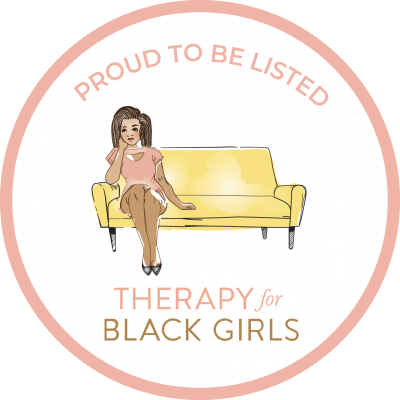[ad_1]
In December 2017, Joy Harden Bradford noticed there was a need among Black women for a place to unpack their lives and seek help for their mental wellness. So, she started a Google doc with the names of therapists who specialize in the unique needs of Black women.
“I spend a lot of time online and I catch these conversations over and over again about Black women looking for Black women therapists and I thought there must be some way where we can organize this,” Bradford, a clinical psychologist and podcast host, told HuffPost. “So I made a Google doc and put out a call on Twitter and Facebook saying, ‘Hey, if you’ve had a good experience with a therapist and you’re a Black woman, give me their name and I’ll compile it into a list where other people can find them as well.’”
From that Google doc, Therapy for Black Girls was born. Today, Therapy for Black Girls has grown into a podcast, a blog, an expansive directory for therapists and psychologists and an online hub for all things melanated mental health. It’s one of the go-to places on the internet where Black women (and men) can openly discuss the benefits of therapy and mental health care without shame, stigma or code-switching.
“I think for a lot of Black people, therapy is still such a foreign concept,” Bradford said. “A lot of us have been raised to feel like whatever goes on in this house stays in this house, and the idea of talking to a stranger feels very weird and like something you wouldn’t do. There’s comfort in feeling like if I’m going to take this step, I want it to be with someone who is going to get me.”
It’s not easy for people of color to find medical professionals who understand their cultural nuances, their unique life experiences or even their language. There are substantially fewer therapists of color than there are white practitioners, according to the Bureau of Labor Statistics. And even if people of color do manage to find a therapist who’s a good match, many barriers to treatment may still stand in their way.
“People of color have a really hard time finding a therapist,” explained Bradford. “Therapy can be very expensive even with insurance so when people are looking at their finances sometimes it doesn’t feel like that is going to be a priority. Some people live in very rural areas so the number of therapists, let alone therapists of color, may be very limited.”
Of course, social media and websites like Bradford’s provide a way for people of color to seek the help they may need, find a community to share their journeys with and lift the stigma around mental health care that still plagues many communities of color. HuffPost rounded up nine online resources to help people of color learn about and talk about therapy, wellness, trauma and personal growth.
These resources are NOT a replacement for professional mental health care or medical care. But they can be a place to go to give yourself the motivation and information you may need to begin your mental health journey and learn that there is a therapy style (and a therapist) for everyone.
Joy Harden Bradford’s brainchild has grown into a podcast, blog, booming social media network and one-stop shop for Black people of any gender to find a therapist that is right for them.
Similar to Therapy for Black Girls, Therapy for Black Men is a directory and social network dedicated to helping men and boys of color find mental health guidance or professional support. On the website, founder Vladimire Calixte shares that she founded the forum to break the stigma of Black men seeking mental health care: “In the Black community, Black men are told to be strong, walk it off, don’t cry, and to man-up. With TherapyForBlackMen.org, you do not have to go on this journey alone.”
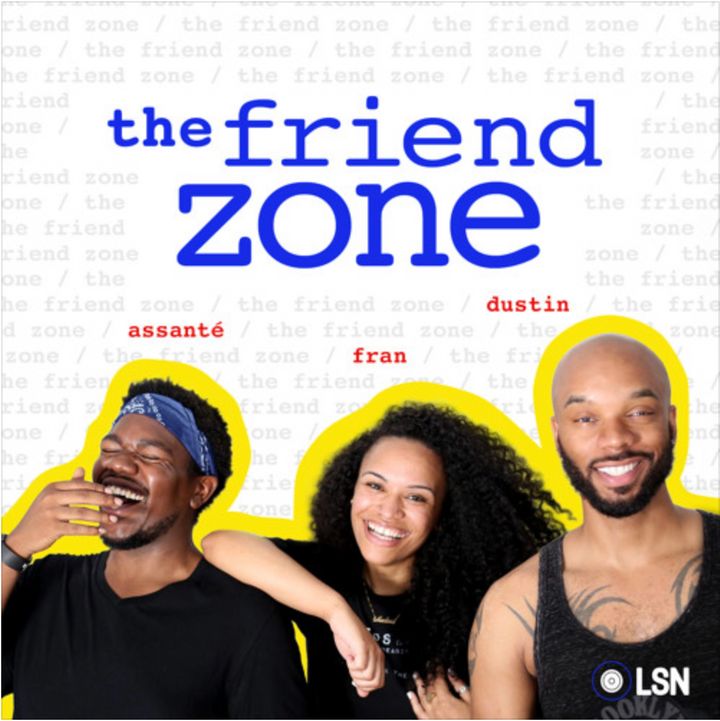
“The Friend Zone” is a weekly podcast about all things mental health, mental wellness and mental hygiene (’cause who in the hell wants a musty brain?). Every Wednesday, hosts and real-life friends Fran, Dustin and Assanté share often-hilarious stories about their personal growth and lessons learned along the way on subjects like conflict resolution, parenting their inner child, discovering their love languages and much more.
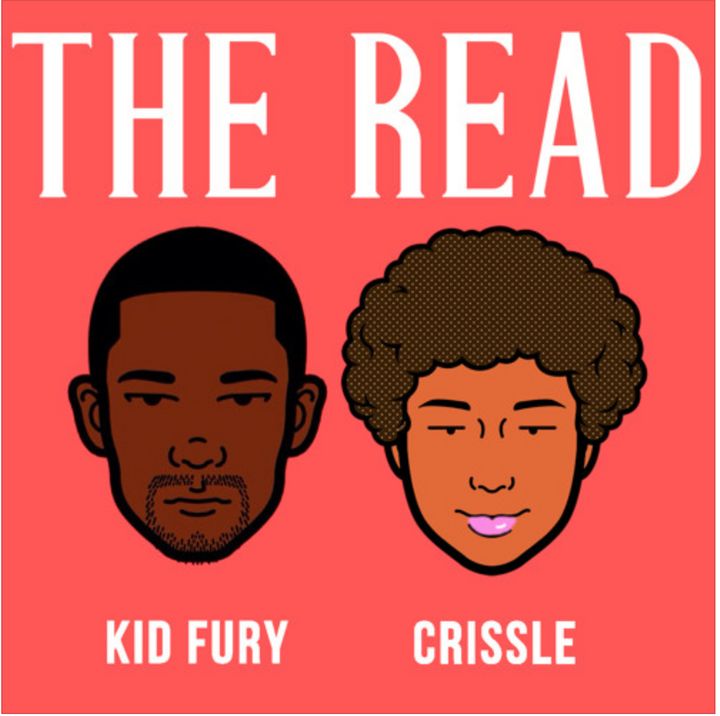
“The Read” is a popular podcast (and soon-to-be television show) about analyzing (and often dragging) celebrity and entertainment culture. But in a newer segment titled Crissle’s Couch, co-host Crissle West shares lessons she’s actively learning in therapy while answering listeners’ letters and offering her own advice for growing through a setback, trauma or misunderstood mental health issues (and sometimes Kid Fury will chime in with his own advice).
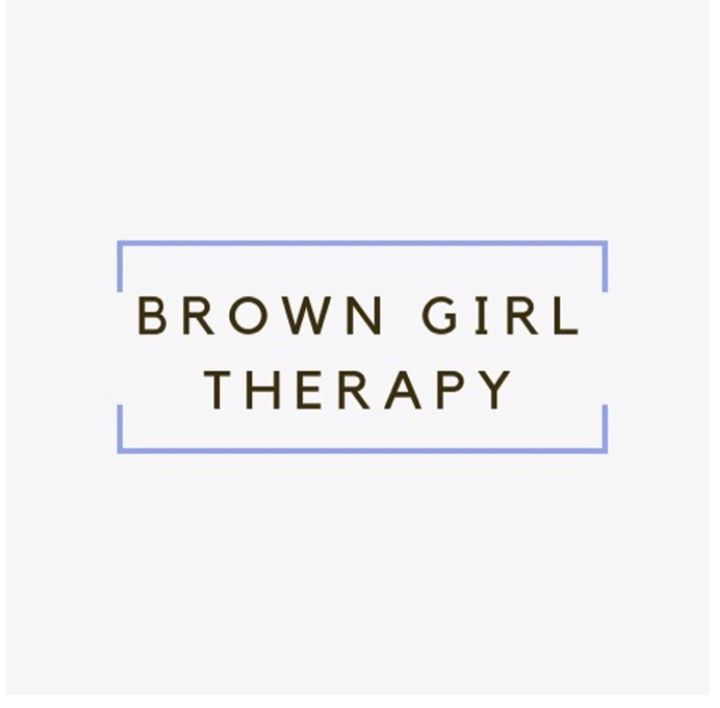
Brown Girl Therapy is a social media platform founded by HuffPost editor Sahaj Kohli that provides a wellness community for South Asian and first-generation women. This pro-therapy page provides advice, affirmations and a safe space to share the unique experiences of being a first-generation American.
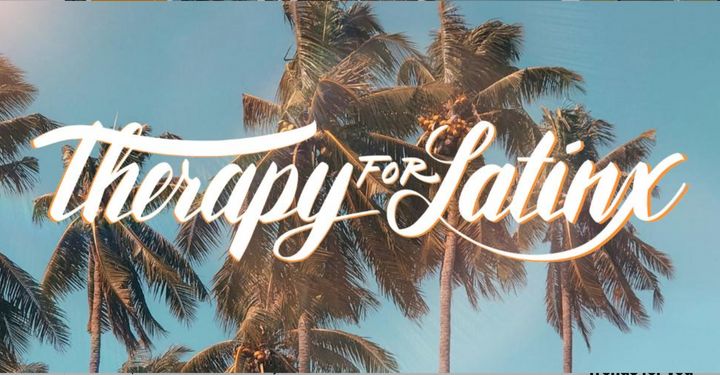
Therapy for Latinx provides resources for the Latinx community to “heal, thrive, and become advocates for their own mental health,” according to its website. Founded by Brandie Carlos, the site provides a directory of Latinx therapists from all over the country to help with the healing process. The Instagram page offers reminders and affirmations to encourage the Latinx community to stay on the therapy journey.

Latinx Therapy is another directory and social media platform dedicated to destigmatizing mental health care in the Latinx community. Founded by Adriana Alejandre, the platform offers a bilingual podcast and extensive therapist directory for those seeking help or reassurance as they explore their mental health.

The National Queer and Trans Therapists of Color Network (NQTTCN) is a healing justice organization that works to transform mental health for queer and trans people of color. Since May 2016, NQTTCN has been building a network of mental health practitioners as well as a Mental Health Fund for those in need of financial assistance. They share resources for organizations seeking to uplift the community of trans people of color through healing justice initiatives.

MannMukti, which is Hindu for “mental liberation,” is a place for South Asians to speak up and normalize mental health care in their communities. A self-described storytelling platform, MannMukti seeks to “encourage healthy, open dialogue of mental health issues in an effort to remove stigma, improve awareness and promote self-care.” Interested parties can join the community forum to get started sharing their own mental health journeys.
You Should See Someone is a HuffPost Life series that will teach you everything you need to know about doing therapy. We’re giving you informative, no-B.S. stories on seeking mental health help: how to do it, what to expect, and why it matters. Because taking care of your mind is just as important as taking care of your body. Find all of our coverage here and share your stories on social with the hashtag #DoingTherapy.
[ad_2]
Source link


